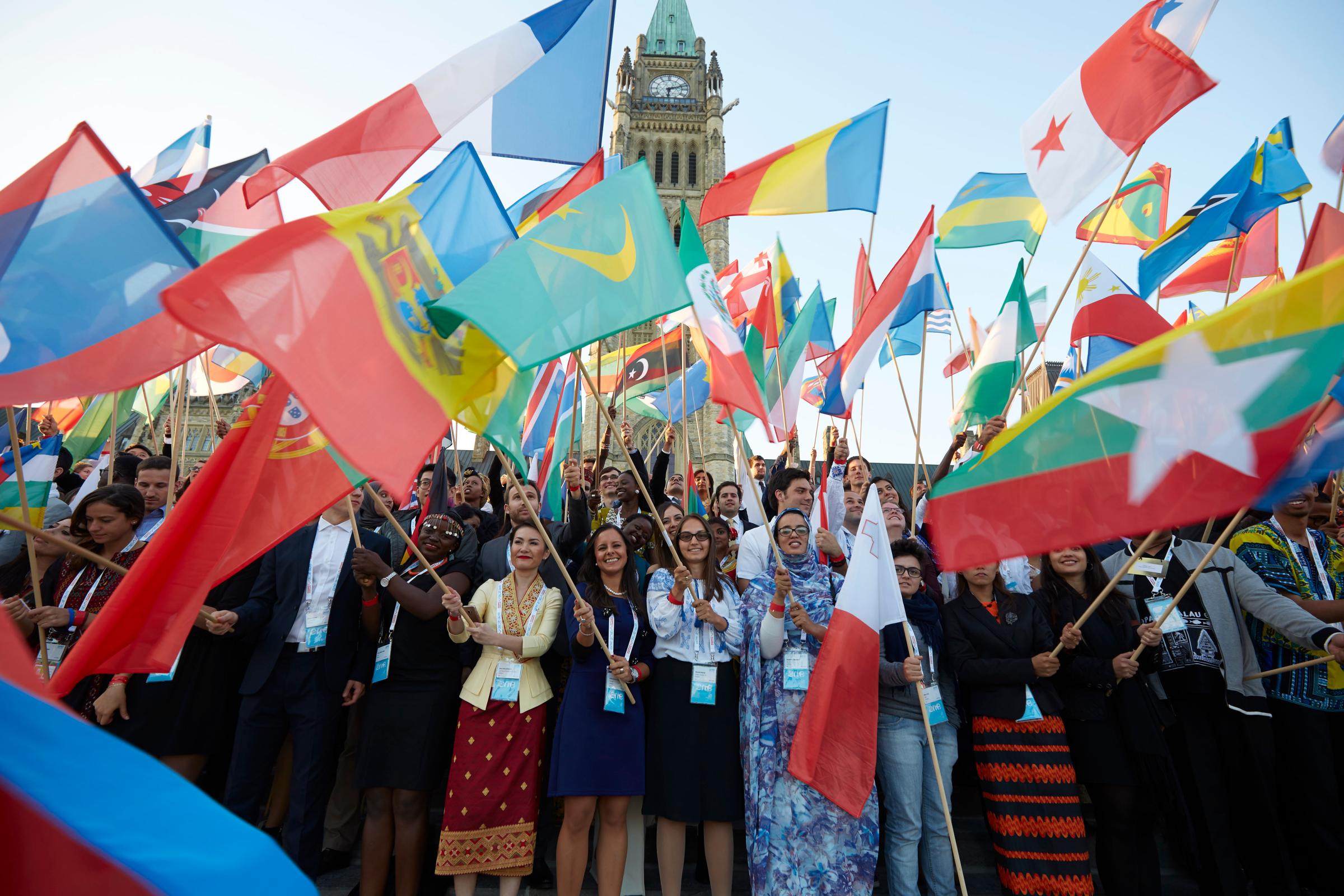
Where were you at midnight on New Year’s Eve 2017? It’s likely you remember watching the clock, spending time with loved ones or having a laugh. Yet on a night that most of us will look back on with fondness, four teenagers were stabbed to death in London. Over 30 more have lost their lives in fatal stabbings since January.
The vast majority of knife attack victims in London are young men—many caught up in rivalries with roots in the usual suspects of economic and social exclusion.
These challenges, among so many others facing London, demonstrate why strong leadership, fresh thinking, and new ideas, are needed now more than ever before. This is vital to gaining greater understanding of the complex issues facing people, not just in the greatest global city of them all, but across the world—from crime to housing, immigration to investment. All perennial questions, but occurring today in entirely new and different economic and political contexts. The 21st century is a very different animal to others before. And yet we carry into it the historical burdens and inapplicable notions of an increasingly economically irrelevant past.
Tackling society-wide or global challenges demands approaches that go deeper than simply identifying the causes of inequality. Galvanizing community, local or national action—engineering genuine and tangible change—requires imagination, thought and leadership from different ages and backgrounds.
We should recognize the oversight and negligence that infects leadership when its base is too narrow, its age range too small, its concerns too parochial, and its capacity for innovative planning or action hampered by the quotidian banality that defines the limitations of our political system.
There is a cringing politesse that has grown up amongst those who momentarily—or indefinitely—run things in the world of politics and industry, or whichever field they happen to be in. Each person present at a meeting will “congratulate” the other on their “leadership,” and of course have that compliment immediately reciprocated. This despite the fact the individual may be the most hopeless, incompetent moron ever to engage in a conversation, much less have responsibility over anything.

Younger people need more opportunities to sit in the driving seat. In 2019, One Young World will come to London for its 10th global Summit. This forum gathers some of the brightest new thinkers, activists and leaders from around the world to discuss and tackle the most pressing issues of the time. London will host the forum at a critical time in its modern history. It will take place six months after the U.K. officially cuts ties with the European Union and as the country moves into an uncertain period, it’s vital that this fresh generation is part of the steering process.
It is clear that younger thinkers around the world expect much more of incumbent leadership—and so they should. Whether it’s addressing the U.K.’s colonial hangover, standing up to violent extremism, U.S. gun law, British gangs’ knife culture, the cultural gender debate, social exclusion, the environment, agriculture, diet, poverty, and the alarming threat of New Nationalism, and its attendant, dangerous and simplistic “Strong Man” politics, we urgently need new ideas from another generation to find their voice, become engaged beyond the nullity of a social media account, and actively hold society and its politics to account.
President John F. Kennedy said: “The future promise of any nation can be directly measured by the present prospects of its youth.” His words still resonate today.
The cynicism or fatalism of those who sigh and shrug and believe that nothing they do will affect anything are often the ones to benefit most from encouraging that attitude. Change is often slow and incremental, and there is a natural impatience in the energies of the young. But future society is shaped by the actions of today. Involving young adults from different backgrounds in actionable policy discussions seems logical enough. It’s them—and not people of my generation—who will be living through the consequences of whichever bromides we concoct from today’s stew.
Our future security, prosperity and happiness depends on encouraging and enabling younger thinkers or leaders to engage today. There’s no Triple A backstage pass to “leadership.” It is to be worked at, fought for, argued over and questioned. It is not necessarily up to an older decision-making group to “invite” them into some imaginary magic circle of power. They need to burst in.
Geldof has been a Counsellor at all One Young World Summits from 2010 to 2017.
More Must-Reads from TIME
- Donald Trump Is TIME's 2024 Person of the Year
- Why We Chose Trump as Person of the Year
- Is Intermittent Fasting Good or Bad for You?
- The 100 Must-Read Books of 2024
- The 20 Best Christmas TV Episodes
- Column: If Optimism Feels Ridiculous Now, Try Hope
- The Future of Climate Action Is Trade Policy
- Merle Bombardieri Is Helping People Make the Baby Decision
Contact us at letters@time.com